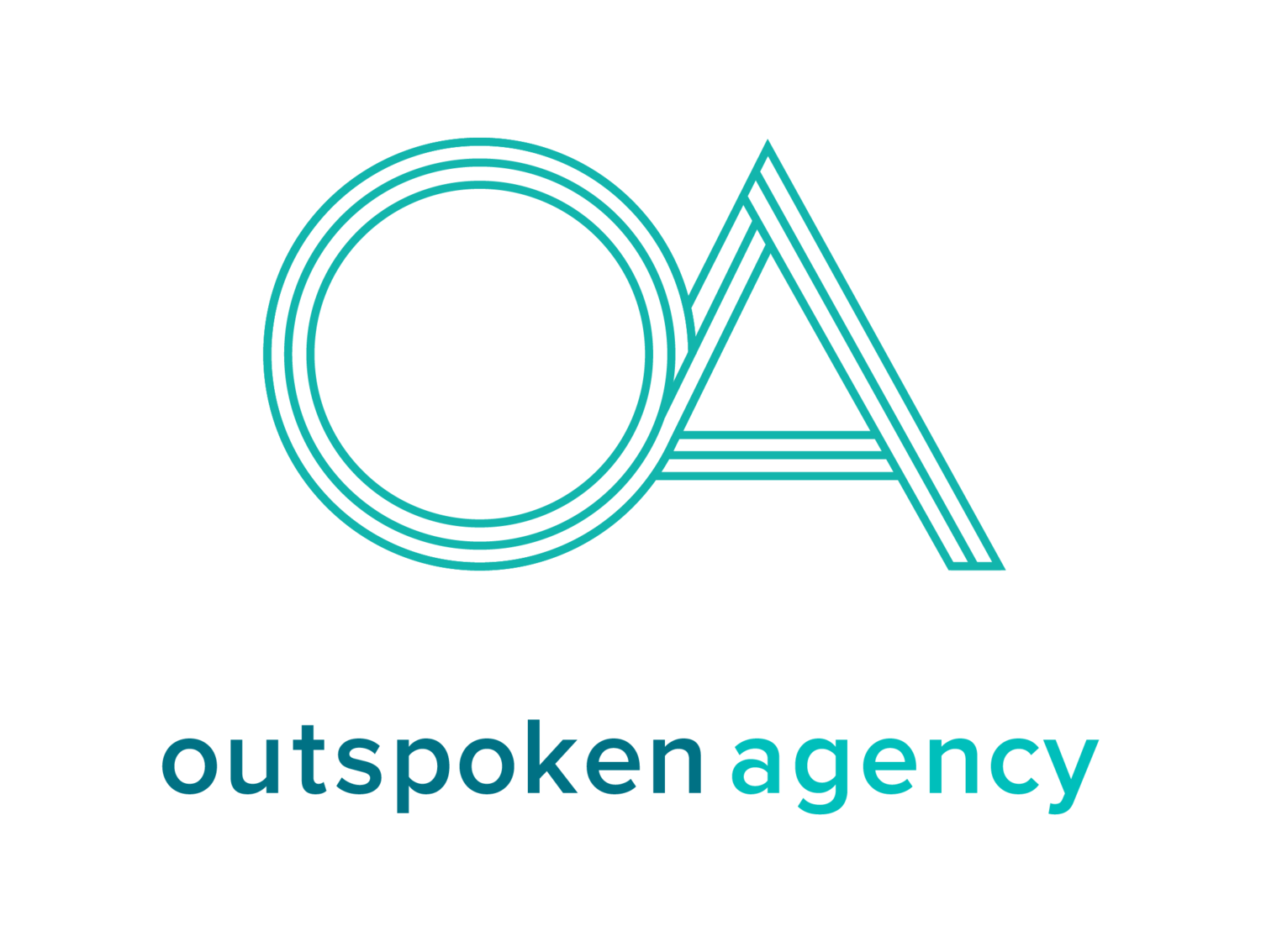Equity Is Out and Inclusion Is In? That's What the Leading HR Org. Says
/The Society for Human Resource Management (SHRM) recently announced its decision to remove "equity" from its diversity, equity, and inclusion (DEI) framework, transitioning to "inclusion and diversity" (I&D). This move has sparked significant backlash from HR professionals and advocates who view it as a step back in addressing systemic disparities in the workplace. SHRM's leadership argues that the term "equity" often leads to confusion and detracts from productive discussions on inclusion. Critics, however, emphasize that equity is crucial for ensuring fair treatment and opportunities for all employees.
Why Equity Matters
Equity addresses systemic inequalities that affect marginalized groups. By focusing on equity, organizations can create truly inclusive environments where all employees have the same opportunities for success. Removing equity from DEI programs risks undermining efforts to address the root causes of workplace disparities, potentially rendering these initiatives superficial.
Effective DEI Strategies
Successful DEI initiatives may involve:
👉 Engaging managers directly in DEIB efforts
👉 Fostering intergroup contact
👉 Promoting social accountability
For example, many Canadian organizations and universities prioritize equity within their DEI frameworks, recognizing its importance in creating fair and inclusive workplaces.
Reflecting on SHRM's Shift
As an organizational leader or HR professional, consider how this shift might impact your own DEI efforts. Do you agree with SHRM's rationale that focusing on inclusion and diversity is sufficient, or do you believe that equity is a necessary component for achieving meaningful progress? Reflect on the following questions:
Does removing equity align with your organization’s values and goals?
How might this change affect your employees, particularly those from marginalized groups?
Are you prepared to address potential backlash or concerns from employees and stakeholders?
And while we’re on the topic, still unsure what Equity is vs. Equality? Tayo Rockson breaks it down for us:
Equality vs. Equity Defined: Equality is about everyone having access to the same resources, while equity involves providing individuals with what they need to succeed.
Common Misunderstanding: These concepts are often confused but complement each other, like peanut butter and jelly.
Importance in Social Justice: Understanding equality and equity is crucial for advocating social justice and ensuring everyone can be themselves, regardless of their identity.
Evaluating Equality: Questions to consider include whether everyone has the same benefits, protection, and pay for equal work, and if they are valued and humanized equally in various settings.
Examining Equity: Focus on power dynamics, opportunities influenced by these dynamics, patterns in these dynamics, and support systems within institutions to maintain vigilance and address inequities.
As you consider SHRM's decision, think critically about the role of equity in your DEI strategy and how best to promote a fair and inclusive work environment. Leaders and event planners must now consider how this shift impacts their event strategies as well. With this shift, there could be a major influence on reprioritizing speaker selections and training programs at companies related to DEIB and company culture.
To aid in your reflection, we’ve outlined a sample of expert speakers in DEIB, offering insights and strategies to enhance your DEI initiatives, including your speaker programs. These experts not only speak on these topics, but can provide workshops and consulting to help your organization expand and excel in your DEIB efforts.
Gender equity activist Paula Stone Williams has lived a life as a very privileged man. Now as a woman, she dedicates her life to discussing the inherent gender biases in society and advocating for a more equitable world for women.
A strong, collaborative environment can boost the culture of an organization, which can improve job satisfaction and team cohesion. Company culture author Josh Levine knows how to create a culture that is equitable and inclusive.
It’s not enough for leadership to provide the opportunities for employees to be involved in equity initiatives. Managers must stay involved too. Organizational development expert Mary Abbajay can show you the way.
For many years, neurodivergent employees have been forgotten. Neurodiversity expert Nidhi Tewari advocates for workplace norms that accommodate their needs. She emphasizes the importance of adapting expectations to better support members.
Dr. Tina Opie’s work focuses on addressing and dismantling the barriers to equity in the workplace. She advocates for recognizing and valuing racial and ethnic differences to create more equitable workplaces.
Kimberly Bryant is creating equitable pathways to reduce the racial wealth gap by providing resources to advance the creation of economic freedom for socially/economically disadvantaged communities in the tech space.
Ultimately, maintaining a focus on equity within DEI initiatives is essential for fostering a workplace culture that values and supports all employees. By ensuring organizations foster comprehensive support for all employees and contribute to meaningful societal advancement, this will not only drive organizational success, but also contribute to broader social progress.
Resources used for this blog:
https://www.axios.com/2024/07/15/hr-dei-diversity-equity-shrm
https://www.hcamag.com/us/specialization/diversity-inclusion/shrm-removes-equity-from-dei-program-to-address-flaws/497198
https://redefiningwork.substack.com/p/shrm-drops-e-from-dei








